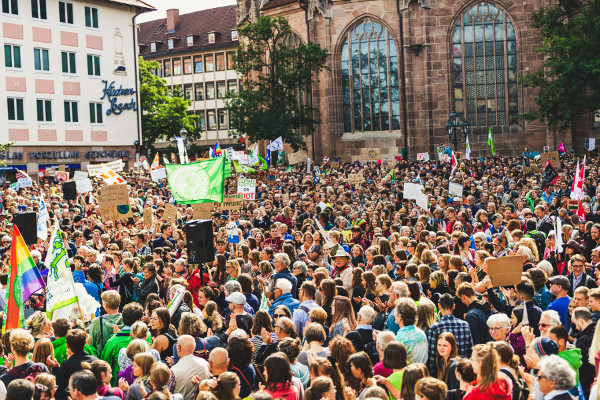How to Get Involved in the Fight for Social Equality and Change
Getting involved in the fight for social equality and change is one of the most meaningful ways you can contribute to shaping the world for the better. These causes aim to level the playing field for all people - regardless of their race, gender, or background - so that everyone has an equal chance to thrive. If you’re feeling the call to help, whether because you’re worried about the future or simply want to make a difference, now is the perfect time to take action. You don’t have to have all the answers, but getting involved in social justice is a vital way to help create a more equitable world for future generations.
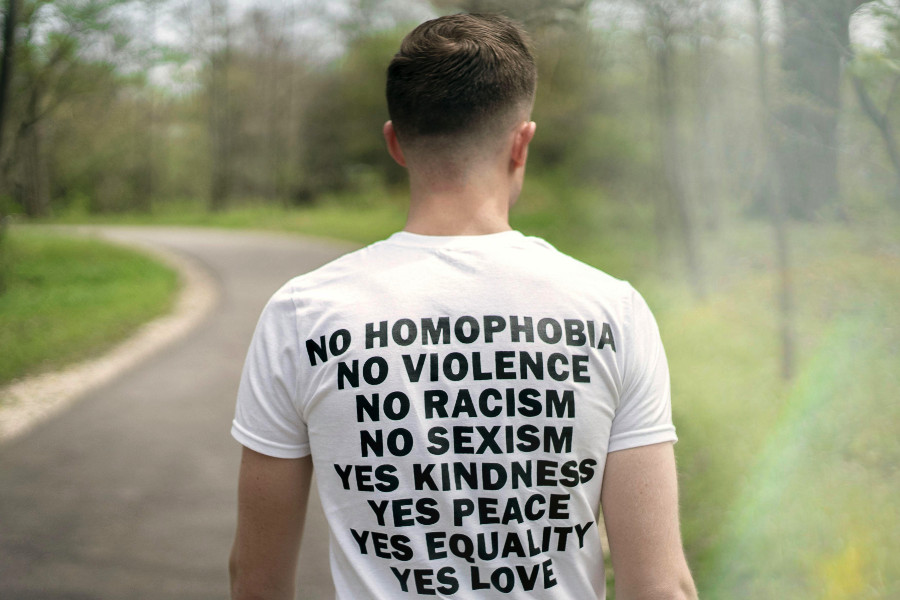
We live in a time when issues of social inequality are more apparent than ever. Injustice is everywhere, whether it’s racial discrimination, gender bias, or the gap between rich and poor. We’ve seen so much progress over the past century, but the fight is far from over. So how can you get involved? How can you move beyond awareness and take meaningful steps toward social change?
There are many paths to take, each with its own rewards. Some people might dive into activism or politics, while others choose to volunteer or donate. Whatever method you choose, remember that it’s not about doing everything perfectly - it’s about contributing to the movement in a way that works for you. So, let’s explore how you can get involved.
I. Understanding Social Equality and Social Change
Before jumping into the action, it’s important to understand the concepts behind social equality and social change, as they form the foundation of all the work being done.
What is Social Equality?
At its core, social equality is about fairness. It’s about ensuring that everyone, regardless of race, gender, or any other characteristic, has the same opportunities and rights. It's the belief that no one should face systemic disadvantages due to who they are. For example, when it comes to education, employment, or health, social equality ensures that people from all walks of life have equal access to these fundamental resources.
What is Social Change?
Social change is the process of shifting the underlying structures of society - whether that’s changing laws, societal norms, or public attitudes. Change doesn’t happen overnight, but over time, the collective action of many individuals can transform a culture, a community, or even a nation. Think of the major shifts that have taken place in the past, such as the Civil Rights Movement or the fight for LGBTQ+ rights. These movements didn’t just influence individual behavior; they changed the very fabric of society. The fight for social equality and change is ongoing, and your participation can help keep that momentum going.
Historical Context
Social justice movements have a rich history, filled with stories of courage, resistance, and transformation. From the Women’s Suffrage Movement to the Black Lives Matter movement, countless people have risked their lives to ensure a more just world for all. We’re standing on the shoulders of giants, and it's our turn to carry the torch.
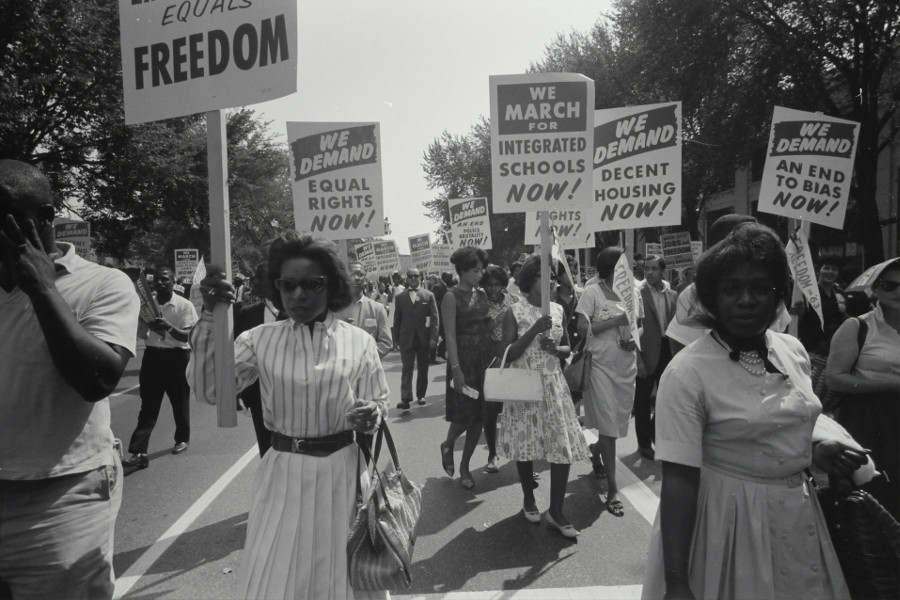
II. Identifying the Causes That Matter Most to You
Once you’ve understood the basic concepts of social equality and change, the next step is figuring out which causes you care about most. The issues are many, but your passion will guide you toward the causes that resonate with your values.
Personal Connection
It’s easy to feel overwhelmed by the sheer number of issues facing our world today. But remember, it’s not about tackling everything. Focus on the issues that touch you most deeply. Do you feel strongly about racial justice, gender equality, or protecting the environment? Perhaps economic fairness or immigration rights are more personal for you. When you connect with a cause that speaks to your heart, the work becomes less about obligation and more about purpose.
Research
Once you have an idea of where your passion lies, it’s time to research. Dive into the topic, learn about the history of the movement, and find out which organizations are making a real impact. Understanding the nuances of the issue helps you engage more thoughtfully and effectively. Plus, it allows you to make informed decisions about where to invest your time, energy, and resources.
Examples of Causes
Social justice spans many issues. You could focus on organizations like Black Lives Matter, which advocates for racial justice, or the Women’s March, which aims to promote gender equality. There are also global movements such as environmental justice, or even local initiatives addressing housing and homelessness. Whatever cause you connect with, make sure you’re staying up-to-date with the latest information and movements within that space.
III. Ways to Actively Participate in Social Justice Causes
There’s no shortage of ways to get involved in social justice causes, and even small actions can have a big impact. Here are some of the most effective ways you can start making a difference today.
1. Volunteering
Volunteering is one of the most direct ways to get involved. It allows you to immerse yourself in the community, connect with like-minded people, and see firsthand how your efforts are making a difference.
The Power of Personal Involvement
Volunteering doesn’t just mean giving away your time - it means using your hands, your skills, and your voice to create change. Whether it’s working at a local food bank, helping organize protests, or providing educational support to underserved youth, volunteering allows you to engage on a deeper level.
Local vs. Global Volunteering
While global organizations often need volunteers to help with larger causes, many local nonprofits can use support right in your own neighborhood. Think about food banks, shelters, or local advocacy groups that focus on issues like homelessness, racial inequality, or educational access. If you want to make a tangible difference close to home, local volunteering is a powerful way to get involved.
Examples
Local organizations often need volunteers for a variety of tasks, from administrative support to hands-on work. Think about groups that support marginalized communities, provide emergency relief, or run educational programs. These grassroots efforts might not always make headlines, but they often have the most immediate and personal impact.
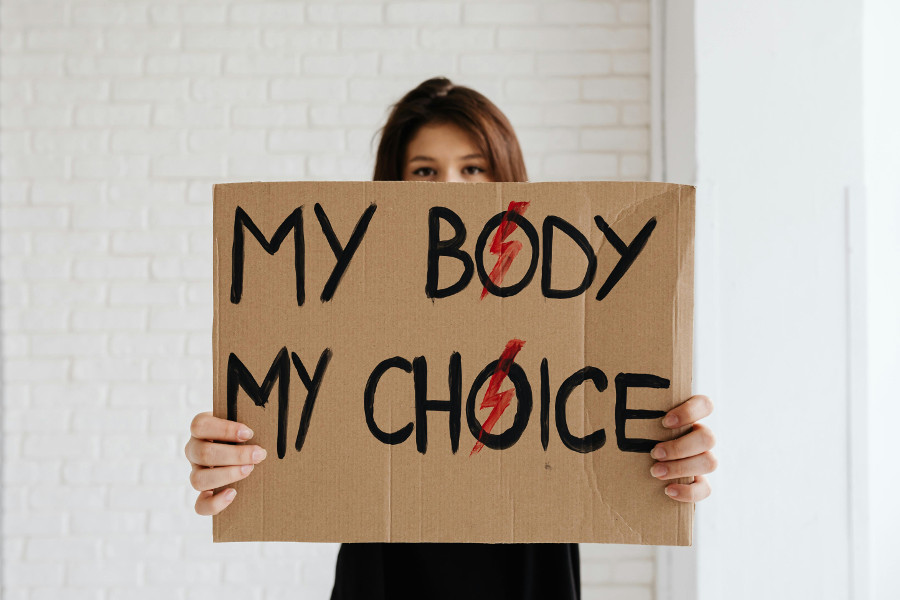
2. Donating
Not everyone has the time to volunteer, but financial donations are just as important. Your money can help fund advocacy campaigns, support direct action, and provide resources for those in need.
Smart Giving
Before donating, do your homework. Research the organizations you're considering and check their transparency, impact, and alignment with your values. Websites like Charity Navigator can help you ensure that your contributions go to trustworthy organizations that are effectively using funds for the cause.
Regular vs. One-Time Donations
While one-time donations are valuable, recurring monthly donations provide stability for organizations. Even small monthly gifts can make a huge difference, and knowing that you’re contributing on an ongoing basis can bring a sense of fulfillment.
Donating Goods or Services
If you can’t give money, there are other ways to contribute. Donating goods like clothes, food, or hygiene products to shelters can directly benefit people in need. Some organizations also accept services, such as professional advice or legal support, so think about how your skills can be put to good use.
3. Educating Yourself and Others
The more you understand, the better equipped you’ll be to take meaningful action. Education is a cornerstone of social change, and it’s a tool you can use to help spread awareness and influence others.
Continuous Learning
Take the time to read books, watch documentaries, and listen to podcasts that provide insight into the issues you care about. Whether it's *The New Jim Crow* by Michelle Alexander or *How to Be an Antiracist* by Ibram X. Kendi, knowledge empowers you to speak confidently about the issues and advocate for real change.
Spreading Knowledge
Once you’ve educated yourself, share that knowledge with others. Have conversations with friends and family, start a book club, or create social media posts that highlight key issues. Sharing facts and personal stories can help others see why social justice is important and how they can get involved.
4. Participating in Protests and Activism
Sometimes, the most powerful way to stand up for a cause is to physically show your support. Protests and activism create visibility for issues and make sure that the voices of marginalized groups are heard.
The Role of Protests
Protests are often the public’s way of saying, “We’ve had enough.” They’re a way to rally people together, create solidarity, and demand change. But activism isn’t just about showing up at rallies - it’s also about supporting the cause in any way you can, from sharing petitions to amplifying voices on social media.
How to Get Involved
Whether it’s attending a protest or joining a grassroots movement, you can start by finding out about events in your area. Social media is often a great tool for staying up-to-date on local demonstrations. But remember, protests are just one form of activism - there are many ways to engage and make a difference without taking to the streets.
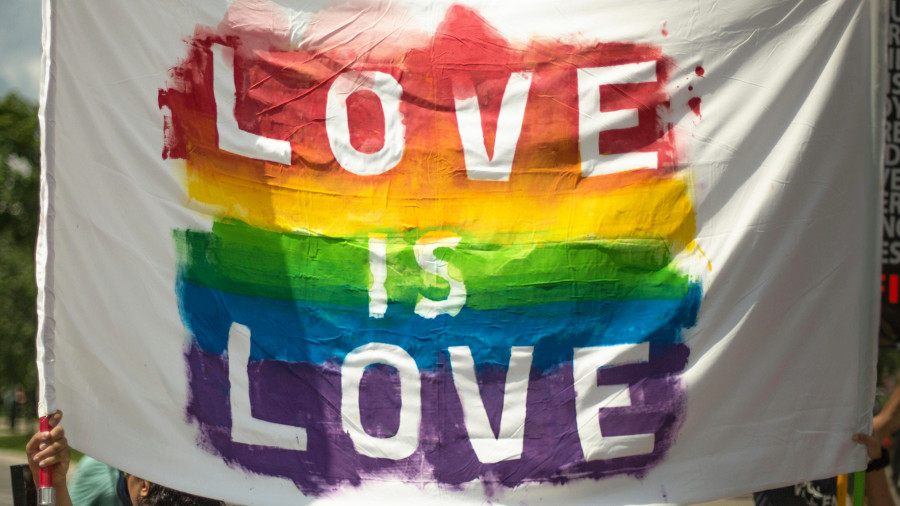
5. Advocating for Policy Change
Advocating for social change at the policy level is essential for lasting progress. Effective policy changes can alter the way society functions, from healthcare to criminal justice to education.
Contacting Lawmakers
If you want to see change, don’t underestimate the power of contacting your elected officials. Write letters, make phone calls, or send emails to express your support for bills that align with social justice causes. Your voice, combined with the voices of others, can help put pressure on lawmakers to take action.
Voting
Voting is one of the most powerful ways to advocate for social change. By supporting candidates who prioritize justice, equality, and human rights, you can influence the direction of policy and the future of your country. Research the platforms of candidates, attend town halls, and make an informed decision when it’s time to vote. Don’t forget that local elections are just as important as national ones - your vote helps shape the policies that affect your community on a day-to-day basis.
Organizing Campaigns
If you’re looking to take it a step further, organizing campaigns or petitions can be a powerful way to advocate for change. Whether it's a campaign to change local policies or raise awareness about a specific issue, grassroots movements have the ability to create significant shifts in public opinion and policy.
IV. Overcoming Common Barriers to Participation
It’s easy to feel overwhelmed by the challenges of activism. With so many issues at play, it can feel like there’s too much to do and not enough time. Here are some common barriers to participation and tips for overcoming them.
Lack of Time
We all have busy lives, and it can seem impossible to add activism to the mix. But even if you can’t dedicate hours every week, there are still ways to contribute. Volunteer when you can, donate a few dollars here and there, or support campaigns on social media. Every little bit counts.
Fear of Making Mistakes
Activism can be intimidating, especially if you feel you don’t know everything about the issue. But the reality is that no one has all the answers. The important thing is to remain open-minded and willing to learn. You’ll make mistakes along the way, and that’s okay - what matters is your willingness to grow and improve.
Burnout
Activism can be emotionally exhausting, especially when you’re constantly confronted with injustice. It’s important to pace yourself and recognize when you need to take a step back. Self-care is crucial to sustaining your long-term involvement in social justice work. It’s okay to take breaks, recharge, and come back stronger. Don’t forget that taking care of yourself helps you take care of the cause.
V. Conclusion
The fight for social equality and change is not a sprint; it’s a marathon. But no matter how big or small your contribution, you’re part of something much larger than yourself. Whether you choose to volunteer, donate, educate, protest, or advocate for policy changes, your actions can make a difference. Change starts with each of us.
Remember that no act of solidarity is too small. Your involvement might seem like a drop in the ocean, but that ocean wouldn’t be the same without your contribution. Stay engaged, stay informed, and above all, stay committed to the cause. Together, we can work towards a world where social equality is not just a dream, but a reality.



